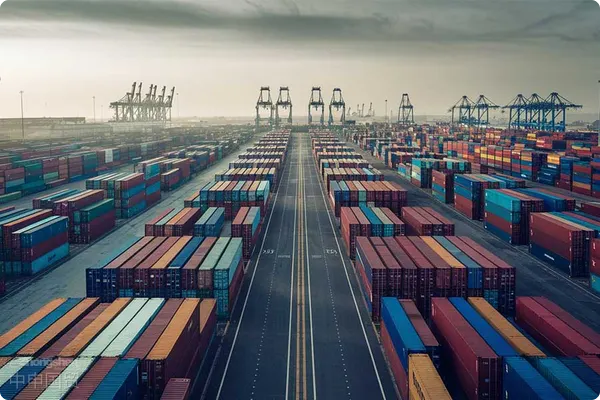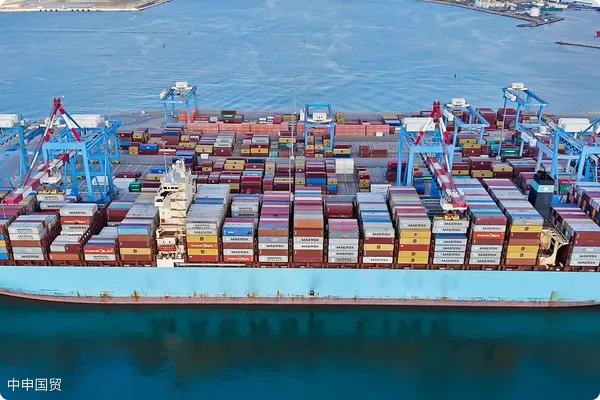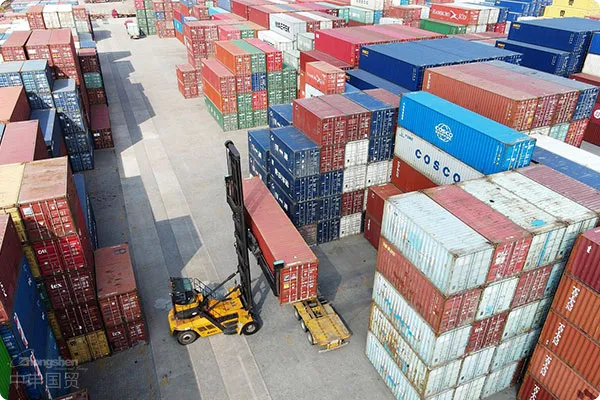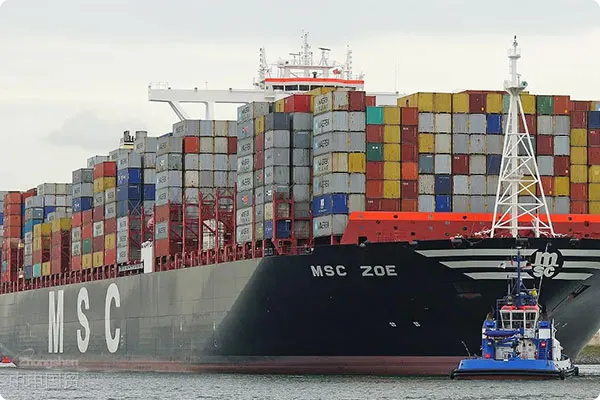- Shanghai Zhongshen International Trade Co., Ltd. - Two decades of trade agency expertise.
- Service Hotline: 139 1787 2118
The concept of transit goods may seem complex, but if you are engaged in international trade or logistics, understanding transit goods and their regulations is essential. Today, let’s delve into the definition, permissible conditions, safety requirements, and various considerations during the transit process to help you operate more effectively in trade.

What are transit goods?
Transit goods refer to goods transported from outside one country, passing through another country via land transport, and then continuing to a third country. Simply put, it is a transportation method where goods depart from one country, pass through another, and finally arrive in a third country.
Permissible conditions for transit goods
Whether transit goods are permitted depends on relevant international treaties and agreements. For goods from countries or regions that have concluded international treaties with transit clauses with China, transit will be permitted according to the treaty provisions. For other goods, approval from national commerce, transportation, and other competent authorities and filing with the customs at the entry point are required before transit is permitted. Additionally, if laws and regulations have special provisions, they should be followed.
What goods are prohibited from transit?
Some goods are not allowed for transit, including:
- Goods from or destined for countries or regions with which trade is prohibited by China.
- Weapons, ammunition, explosives, and military supplies (except those transported via military channels).
- Narcotics and highly toxic drugs, such as opium, morphine, heroin, cocaine, etc.
- Hazardous waste and radioactive waste.
- Special items such as microorganisms, human tissues, biological products, blood and its products, etc.
- Invasive alien species.
- Ivory and other endangered animals and plants and their products (except as otherwise provided by law).
- Animal and plant quarantine items prohibited from entry.
- Goods that may harm Chinas politics, economy, culture, or morality.
- Other goods prohibited from transit by state regulations.
Safety requirements for transit goods
- High biosafety risk transit goods, such as transit animals, must enter through designated ports.
- Quarantine items like animal and plant products require quarantine certificates from the exporting countrys animal and plant quarantine authority; transit animals also require an animal transit license issued by customs. For restricted goods such as dual-use items, relevant licenses must also be submitted.
- After arriving at the entry point, transit goods must be approved by customs before transit transportation; if quarantine is required by law, transportation can only proceed after passing quarantine. The carcasses, excreta, and other waste of transit animals must be disposed of according to law and must not be discarded without authorization.
What are the considerations from filing to declaration?
- The person in charge of the transport vehicle for transit goods must be approved by relevant national authorities and registered with customs before conducting transportation business.
- The person in charge of the transport vehicle must submit a transit goods transportation declaration and truthfully declare to the entry point customs.
- If transit goods are not declared to customs within three months from the date of entry of the transport vehicle, they will be treated as imported goods and handled according to the Customs Law of the Peoples Republic of China.
- Transit goods should be transported out of the country within six months, which can be extended under special circumstances, but the extension period shall not exceed three months. Special circumstances include judicial detention, port closures, and force majeure factors.
What are the considerations during transit?
- Without customs approval, no unit or individual may open, extract, dispatch, modify, mortgage, or perform other operations on transit goods. Animals, plants, and quarantine items must not be unloaded from the transport vehicle without customs approval.
- Transit goods should be transported along routes specified by the transportation department; if no route is specified, customs will designate one.
- Transit goods transporting animals must follow the route designated by customs.
What are the considerations for transshipment?
- If transit goods need to change transport vehicles or containers during transit from the entry point to the exit point, a transfer application must be submitted to the customs at the transfer location.
- Transfer must be conducted in warehouses or locations approved by customs; hazardous goods must be transferred at locations with safety conditions.
- For transit goods with a through bill of lading, a one-time application for transit transportation and transfer procedures can be submitted to the entry point customs and the transfer location customs.
What are the consequences of violating regulations?
- If transit goods are not transported out of the country within the specified period plus three months, customs has the right to seize and sell them according to law.
- If transit goods are not declared or are falsely declared, customs may issue a warning or impose a fine of up to 30,000 yuan.
- Other violations will be penalized by customs according to relevant laws and regulations; if a crime is constituted, criminal liability will be pursued according to law.
Conclusion
Understanding and complying with transit goods regulations is key to successful international transportation. From approval conditions to safety requirements, and from declaration to transfer details, every step must be handled meticulously to ensure compliance. We hope this article provides useful reference for handling transit goods and helps you navigate international trade more effectively.
Related Recommendations
? 2025. All Rights Reserved. Shanghai ICP No. 2023007705-2  PSB Record: Shanghai No.31011502009912
PSB Record: Shanghai No.31011502009912










